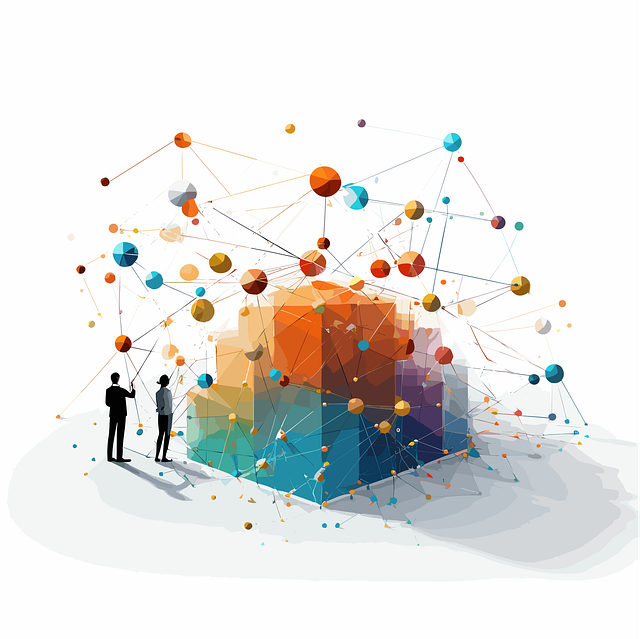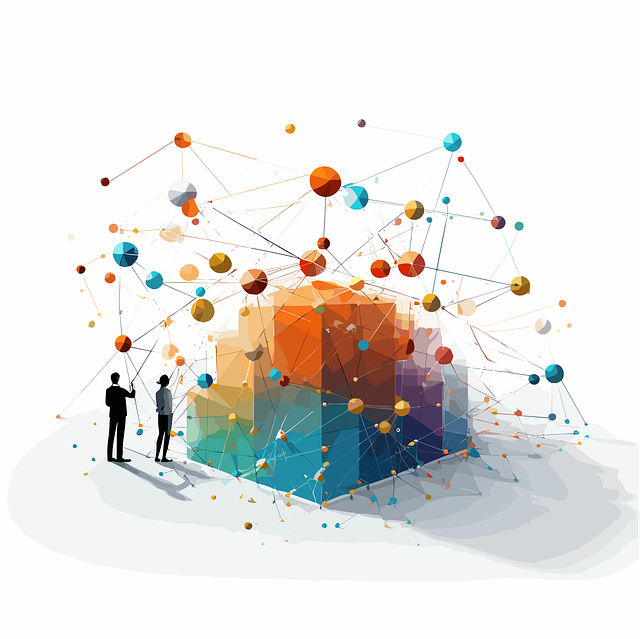Robotic Process Automation (RPA) powered by AI automates repetitive tasks like data entry and invoice processing, boosting efficiency, reducing costs, and enabling 24/7 operations. Integrating AI guest behavior prediction tools allows RPA systems to adapt to changing business needs, handle complex scenarios, and personalize customer experiences. These tools leverage machine learning to analyze historical data and predict guest behaviors, streamlining processes and improving satisfaction. While challenges like data security, skilled personnel requirements, and scalability exist, the potential for increased productivity and cost savings makes AI-driven RPA a compelling solution for modern businesses, with AI guest behavior prediction tools playing a key role in enhancing operations and customer experiences.
“Discover the transformative power of Artificial Intelligence (AI) in business process automation with a focus on Robotic Process Automation (RPA). This article explores how AI is revolutionizing industries by streamlining tasks and enhancing efficiency. We delve into the potential of AI Guest Behavior Prediction Tools within RPA, offering insights into predicting customer interactions and optimizing processes. Additionally, we examine the benefits and challenges of implementing AI-driven RPA solutions, providing a comprehensive guide for businesses aiming to stay ahead in today’s digital landscape.”
- Understanding AI Business Robotic Process Automation (RPA)
- Leveraging AI Guest Behavior Prediction Tools in RPA
- Benefits and Challenges of Implementing AI-Driven RPA Solutions
Understanding AI Business Robotic Process Automation (RPA)

AI Business Robotic Process Automation (RPA) refers to the utilization of artificial intelligence and robotics to automate repetitive, rule-based tasks within businesses. This technology mimics human actions to perform processes such as data entry, invoice processing, or customer service inquiries, significantly enhancing efficiency and productivity. By leveraging AI guest behavior prediction tools, RPA systems can anticipate and adapt to changing business requirements, ensuring optimal performance.
AI-driven automation offers numerous benefits, including cost reduction, improved accuracy, and 24/7 operational capabilities. It frees up human resources to focus on more strategic tasks, fostering innovation and growth. Furthermore, AI enhances RPA’s ability to handle complex scenarios by learning from data and improving over time, ultimately streamlining business operations and delivering superior customer experiences.
Leveraging AI Guest Behavior Prediction Tools in RPA

In the realm of Robotic Process Automation (RPA), leveraging AI Guest Behavior Prediction Tools can significantly enhance operational efficiency and accuracy. These advanced tools employ machine learning algorithms to analyze historical data, patterns, and trends in guest interactions, enabling accurate predictions of future behaviors. By understanding typical guest journeys, RPA bots can anticipate tasks, streamline processes, and proactively address common issues, leading to improved customer satisfaction and reduced response times.
AI Guest Behavior Prediction Tools play a pivotal role in customizing and optimizing RPA implementations. They allow businesses to automate not just repetitive tasks but also those involving complex decision-making based on guest preferences and behaviors. This level of personalization not only enhances the overall guest experience but also ensures that RPA solutions remain relevant, adaptable, and aligned with evolving customer needs in today’s dynamic market.
Benefits and Challenges of Implementing AI-Driven RPA Solutions

Implementing AI-driven robotic process automation (RPA) solutions offers significant benefits for businesses. These tools can streamline repetitive tasks, enhance operational efficiency, and reduce human error. By automating data entry, invoice processing, and other routine procedures, organizations can free up valuable time and resources to focus on more strategic initiatives. Moreover, AI guest behavior prediction tools integrated with RPA can optimize customer service interactions by forecasting client needs, personalizing responses, and improving overall guest experience.
However, challenges exist when adopting these advanced technologies. Data security and privacy concerns are paramount, as sensitive information must be handled securely during automation. Additionally, implementing AI-RPA requires skilled personnel to ensure proper configuration and maintenance. Scalability can also pose issues, as integrating new processes and adapting to evolving business needs may demand continuous refinement of automated workflows. Despite these challenges, the potential for increased productivity, cost savings, and improved customer satisfaction makes AI-driven RPA a compelling solution for modern businesses.
AI-driven Robotic Process Automation (RPA) is transforming businesses by enhancing efficiency and accuracy. By leveraging AI guest behavior prediction tools, organizations can anticipate customer interactions, streamline processes, and deliver improved experiences. While implementing AI-RPA solutions comes with challenges, the benefits—including cost reduction, increased productivity, and better decision-making—make it a compelling choice for modern enterprises. Embracing these technologies is key to staying competitive in an increasingly digital landscape.
